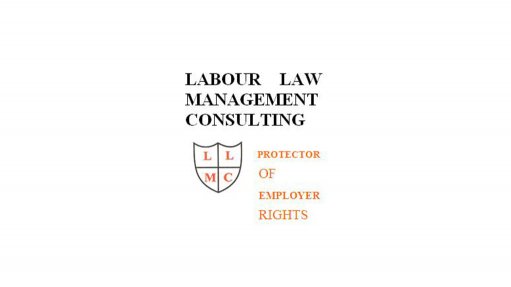
There are numerous legal terms in labour law that are confusing, unclear, ambiguous and vague. Many of these terms are undefined in the Labour Relations Act (LRA) and Employment Equity Act (EEA). Even those terms that are defined in the statutes are sometimes confusing because the definition is incomplete or unclear and therefore open to interpretation
Court judges and arbitrators, via their judgements and awards, quite often disagree with each other on the meaning of certain terms and as to how they should be applied
One of the legal terms and concepts that appear to confuse employers and employees is ‘victimisation’. This is partially because the labour statutes do not deal directly with the concept of ‘workplace victimisation’. This is most surprising in view of the fact that victimisation does interfere with the right to fair labour practice.
The LRA does appear to deal with the issue of victimisation in an indirect way. For example, sections 5, 185 and 186(2) of the LRA deal with certain unfair practices (short of dismissal) that could amount to victimisation. And chapter 2 of the EEA also alludes to practices that could constitute victimisation. These sections attempt to define and prohibit the following acts on the part of employers:
- Preventing employees or job applicants from joining trade unions or carrying out lawful trade union activities; Prejudicing employees to avoid or halt their lawful trade union activity or to disadvantage employees/applicants due to past trade union involvement;
- Prejudice an employee or job applicant due to his/her legitimate disclosure of information;
- Prejudice and employee or job applicant who has previously or who may exercise any right conferred by the LRA;
- Bribe any job applicant not to exercise any right conferred by the LRA;
- Unfair promotion, demotion, suspension, discipline, training or provision of benefits
- Unfair conduct on the employer’s part relation to probation or contravention of the Protection of Disclosures Act 26 of 2000.
- Unfair discrimination and harassment.
While labour law does, as outlined above, deal with many types of employee mistreatment that could constitute ‘victimisation’ the law does not specifically or directly prohibit an employer from shouting at assaulting or making unfair threats against an employee. The acts also do not specifically prohibit the employer from moving the employee out of his/her office into a draughty passage or from transferring the employee from location to location as a means of victimising the employee. Section 186(e) does consider a forced resignation as a dismissal but this does not help an employee who cannot afford to resign in order to escape victimisation. Employees are also not sure how to go about exercising their legal rights in this regard.
While the law is inadequate when it comes to victimisation, employers should not make the mistake of believing that they are free to victimise their employees, as this is not the case.
On the contrary, before employers act against employees in any way, they need to get expert advice from a reputable labour specialist.
To attend our JHB seminar on 13 April 2018 on THE SIGNIFICANCE FOR THE WORKPLACE OF RADICAL ECONOMIC TRANSFORMATION please contact Ronni via ronni@labourlawadvice.co.za or on 0845217492.
Written by Ivan Israelstam, Chief Executive of Labour Law Management Consulting. He may be contacted on (011) 888-7944 or 0828522973 or on e-mail address: ivan@labourlawadvice.co.za.